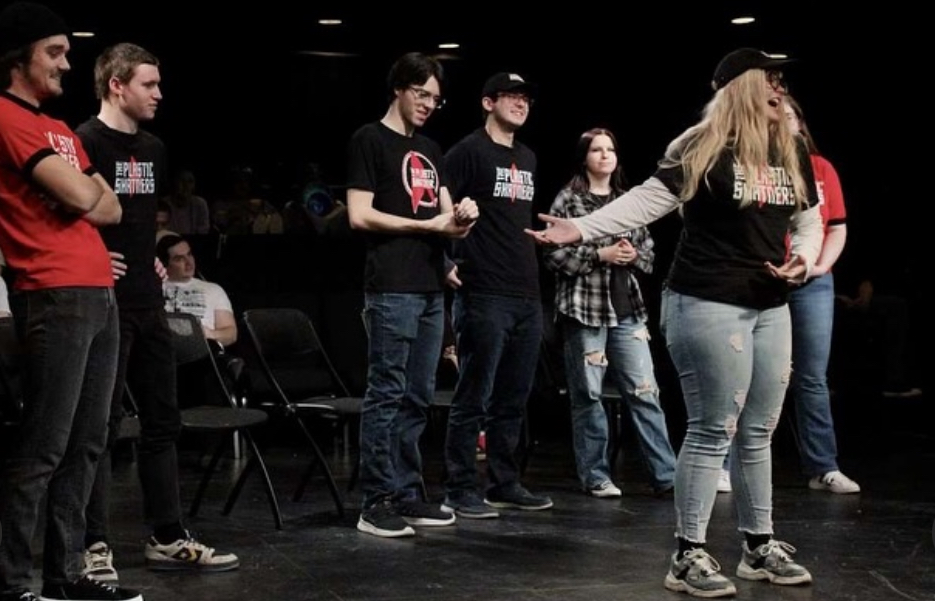The University ended Women’s History month Friday with a presentation on inequality in young girls’ lives.
Speaker Lorena Garcia, an associate professor of sociology from the University of Illinois at Chicago, began by saying there are two ways girls’ lives are being discussed: risk and celebration.
However, Garcia said one is more prominent than the other.
“Risk is overpowering,” Garcia said. “Bad news when it comes to talking about girls is practically unavoidable.”
Garcia sited examples from scientific studies such as girls have a lower self-esteem than boys and girls are two times more likely to be depressed.
“One can’t help but feel overwhelmed by all the negativity in girls’ lives,” Garcia said.
She then told a story about picking up her 12-year-old nephew from school one day. He waved to a group of girls and she asked if they knew each other and he said yes.
Her nephew then told her that he never wanted to be like a girl. When she asked him why, he said “‘because they have it harder and have a lot more to deal with.'”
Garcia said that hearing about girls at risk always makes the news, but we never ask why.
“We can learn more about girls’ worlds, but we have to ask new and different questions,” Garcia said.
In her own studies, Garcia has particularly focused on sexuality in the lives of young Latina girls, specifically second generation girls that self-identify as Puerto Rican.
She asked the girls multiple questions including, what “safe sex” meant to them.
One of her most important discoveries was that Latina girls see themselves as having sexual agency.
According to Garcia, sexual agency is the ability to make choices about one’s own body and to control and modify one’s sexual practices, including if and how to act on sexual feelings.
A common theme that Garcia saw in most young girls in her study was “respeto”, respect.
Most girls and their mothers had similar things to say like: “take care of your body and your health” and “respect yourself.”
Danielle Lofton, a film studies major, said she was interested in the topic.
“I liked the study she did,” said Lofton.
Daniel Krentz, a 3-D studies major agreed.
“I was interested in the subject matter,” said Krentz. “Her best part was when she presented her personal study.”













